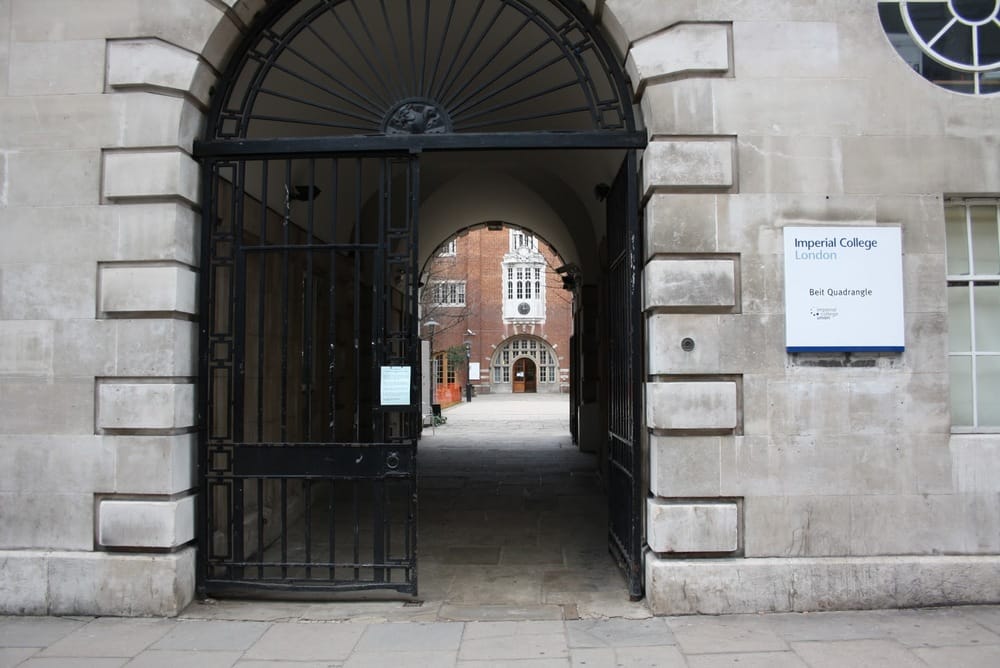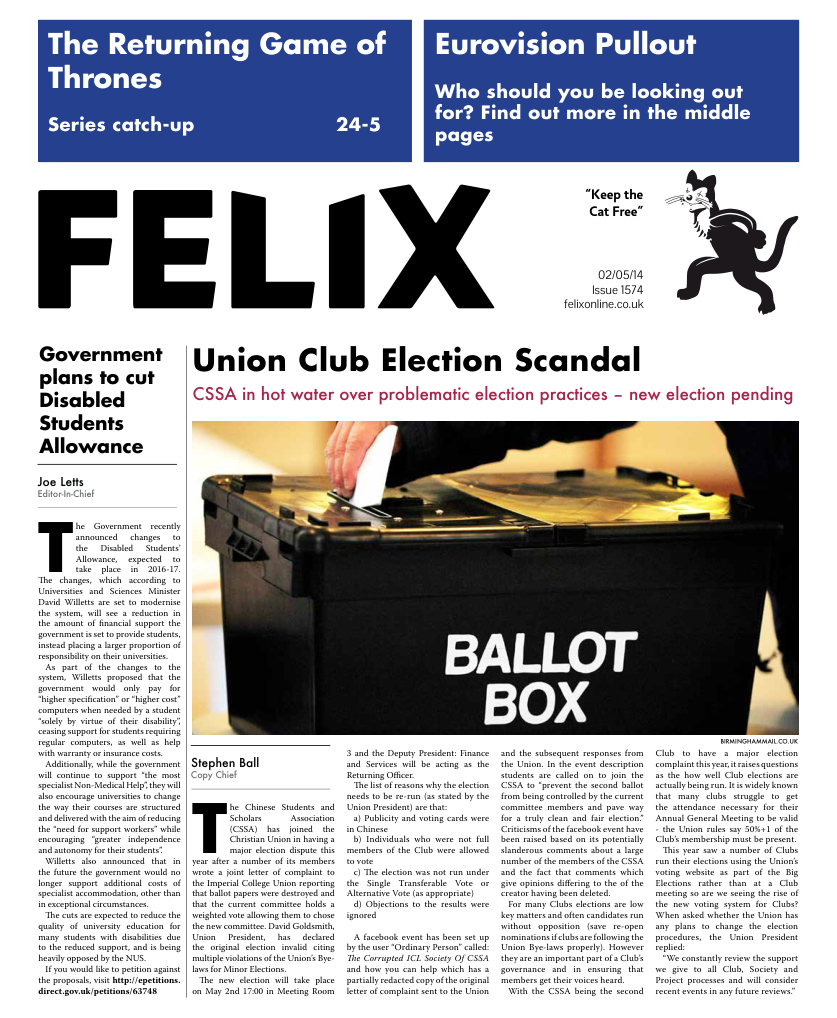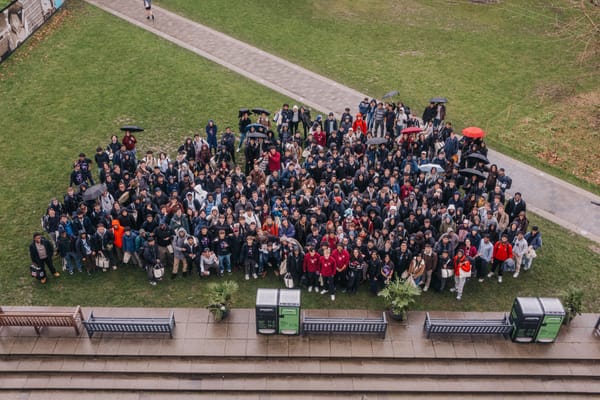Does Union Council need a fresh coat of paint?
This week saw another session of Union Council, the body of elected representatives that create and approve policies that shape the views and the functionality of the Union. The week saw another inquorate session of Council, during which the body was unable to vote effectively on papers...

This week saw another session of Union Council, the body of elected representatives that create and approve policies that shape the views and the functionality of the Union. The week saw another inquorate session of Council, during which the body was unable to vote effectively on papers due to poor attendance.
While absences at Council are often due to the stress of examination periods, during which (completely understandably) members are more occupied with their degrees than Union democracy, during other times of the year Council often struggles to attract the required number of members to make 'legally-binding' decisions.
As highlighted during this week's Council meeting, which continued to discuss papers despite a lack of quoracy, Council has several problems which potentially hinder both its effectiveness and ability to represent the students.
First of all, the fact that Council is often attended by the minimum number of elected representatives required for decisionmaking is worrying. Admittedly, some Council members (many of whom were voted in during last year's Big Elections) probably didn't expect to attend Council as part of their role, and may see it as unnecesary, however these people are seen as "the Voice of Students" at the Union, and make decisions on your behalf and you certainly can't be represented if they don't show up!
As a body, the Union Council is responsible for passing policies that either affect or represent your views as a student body, whether it's the "Union Stance on the Immigration Bill", changes to the Union Constitution & Bye-Laws, the Union's stance on unpaid internships or even changes to the remits of the Sabbatical Officers who run the Union. Additionally, while votes are only cast by Council members, any member of the Union (i.e. every student at College) has the ability to attend, speak at or propose a paper at Council meetings, which gives the student body a great opportunity to effect the changes to the Union that they feel need to be addressed.
But one question to ask is, how well do the Council members represent the population? At Imperial, unlike many of our neighbours at the University of London, our Union is relatively apolitical. Rather than running with left or right-wing values candidates often run with a set of (often generic) manifesto points. While this tends to fit our (often self-described) apparent secular, scientific outlook as a student body, aside from the agreed manifesto points, when in a position of influence can you really expect them to vote in a manner aligned to your views?
Last term, a paper was proposed at Council that suggested that members’ votes were recorded and avaialble for public consumption, which would be interesting from a political analysis point of view if one were to try to categorise voters across the political spectrum.
Another issue that was pointed out during the meeting was the lack of student engagement with Council, or democracy at the Union in general. Honestly, how many of you know what Council actually does or who represents you on Council? While one member of staff pointed out that the Union was currently undergoing a democracy review, will the student population ever hear about the results?
Admittedly, engaging a community in democracy is no mean feat, especially at universities, where most students would hardly think twice about Union politics, however simple steps can be taken to make the general populace more aware about the “goings on” in the Union.
These include creating more articles about Union committee activities on the front page of the Union website, similar to the regular news articles currently displayed, which is probably a better use of time than finding another picture to post to the Union instagram feed.
Not to say that Council members are not doing a good job, having observed a large number of Council sessions it is obvious that members can often be passionate about topics, with meetings occasionally lasting two or three hours.
This article was triggered by a recent discussion in Council about renewing the Imperial College Union’s stance on Higher Education.
During the course of the meeting Council was informed about several types of education funding models and the impact they potentially may have on students in terms of access to higher education, competition between higher education institutions and the number of student places institutions would have to offer.
While this was the first of several discussions on the topic, one member of Council raised the idea that more students should be involved in the discussion of the Union’s approach to Higher Education, rather than just the Council members, something Felix fundamentally agrees with.
Rather than leaving such an important decision, Felix is keen to host discussion from the unelected student population, in particular with views about free education, a perpetual tax on graduates or the current education funding system. All articles are welcome and debate will be encouraged. Don’t leave important decisions up to the chosen few, your views matter too!






